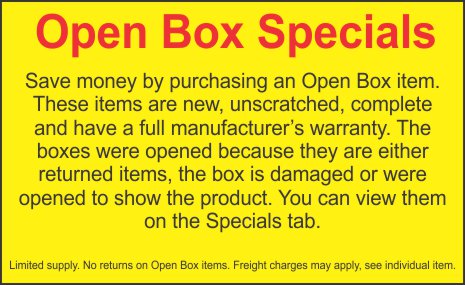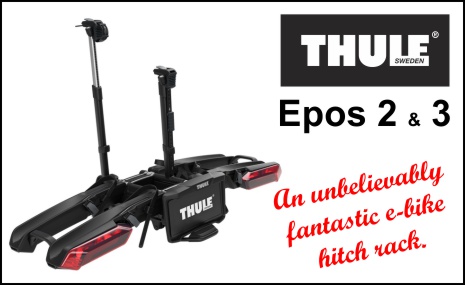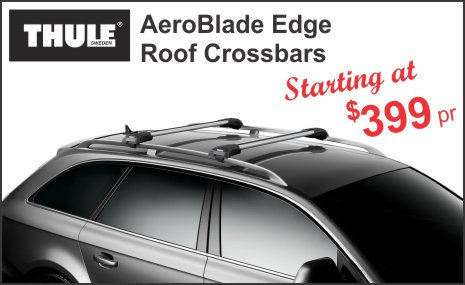Trailer Hitches
If you need a hitch for towing, you have come to the right place. We have years of experience in the selection and installation of hitches, electrical wiring, balls and ball mounts to get you on the road quickly and safely. But trailer hitches are not used solely to tow a trailer; they are also a great way to carry your bikes with the addition of a hitch mount bike rack. With our large selection of racks, knowledgeable staff, access to most hitch brands and speedy service, we are truly your one stop bike rack and hitch shop.
Many people think that hitch selection is very complicated and their eyes glaze over when the subject is brought up. In fact hitches are very simple. We have prepared some information below to help you, if needed, to become more comfortable with this topic.
Hidden Hitch, Reese, Drawtite, Pro-series, Curt and Valley are the main hitch brands we carry. Hidden Hitch is commonly thought to be a style of hitch but is in fact a brand. The style of hitch is referred to as a receiver hitch where the hitches are hidden as much as possible under the vehicle and only the 1 ¼” or 2” square receiver hole is readily visible. All hitch brands are high quality so, unless you have a specific request, we recommend you leave the selection up to us based on fit and value.
Hitches typically come in three classes for passenger vehicles. Generally speaking a class 1 is for compact cars, a class 2 is for mid sized cars and a class 3 is for larger cars, sport utilities, vans and trucks. It all comes down to your vehicles frame strength and your engine/ transmission size.
A class 1 usually has a 2000 lb towing capacity, a 200 lb tongue weight and a 1 ¼” x 1 ¼” square receiver (the part where the bike rack or ball mount slides into). Class 2 and 3 hitches usually have a 3000 lb towing capacity, a 300 lb tongue weight and either a 1 ¼”x 1 ¼” receiver (class 2) or a 2” x 2” receiver (class 3).
The tongue weight is the downward pressure allowed on the hitch and is generally 10% of the towing capacity. To find out what class of hitch your car will accept, please contact us.
Your trailer or trailer manufacturer should have the trailer weight, tongue weight and ball size information available for you. To avoid disappointment, please have this information ready before selecting a hitch as your vehicle may not be strong enough to tow it. Plus larger trailers may have electric brakes which will require additional wiring.
If you are carrying bikes, the total weight of the bikes and bike rack must not exceed 50% of your hitch’s tongue weight due to the leverage caused by the bike rack. On average the tongue weight is reduced by 25% for each linear foot that the rack hangs out beyond the hitch. So if the rack hangs out two feet, the tongue weight is reduced by 50%. A typical bike weighs 30 lbs, a downhill mountain bike weighs 40 to 50 lbs and bike rack weighs 30-50 lbs. A class 1 hitch can usually carry 2 regular bikes on a 40 lb rack (2 x 30 lbs + 40 lbs = 100 lbs which is 50% of the 200 lb tongue weight) or 1 downhill bike. A class 2 and 3 hitch can carry 4 to 5 regular bikes or 3 to 4 downhill bikes. Be aware that kid’s bikes are usually the same weight as adult bikes because they are typically made from cheaper and consequently heavier metal. It is very important to check your tongue weight rating which should be marked on your hitch especially since a 1¼ x 1¼ receiver hitch can be either a class 1 or 2.
Hitches are attached to your car with bolts and sometimes drilling into the frame and or modifications to the lower bumper fascia is required. A hitch in no way weakens your car. The hitch models are specific to the car and are not usually transferable. The only way you can transfer hitches is if the two vehicles are exactly the same body style. Since most car manufacturers change a vehicle’s design every four years, your chances aren’t that great. If you think you are a candidate though, contact us and we will look into it for you.
We hope this information has been helpful. If you are now ready to purchase a hitch, please contact us to select the model required and set up an appointment. Hitches usually arrive from our supplier within one to two business days and we need your car for two to three hours depending on the complexity of the installation.
 Loading... Please wait...
Loading... Please wait...










